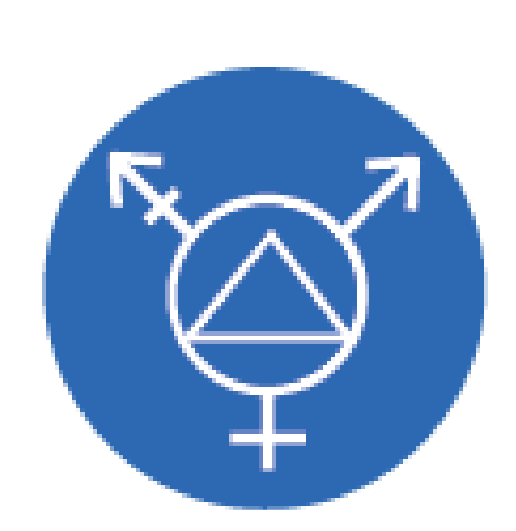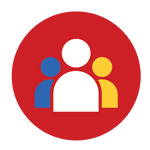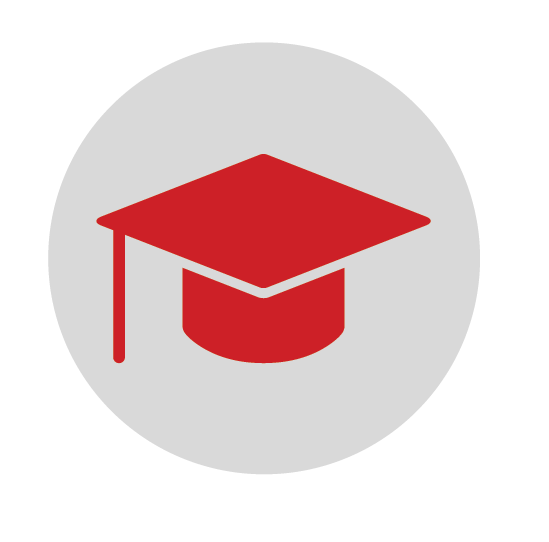Resources
Upcoming Inclusion & Accessibility events
Student Groups
Learn more about our DEIA-focused student groups here, including:
- Minority & International Scientists Organization (MISO)
- Women’s Professional Development Committee (WPDC)
- BU Medical Campus PRIDE
- And more groups on the Charles River Campus (CRC)
C3 Community Catalyst Center

Our Community Catalyst Center (C3) opened its doors in August 2021 with the goal of fostering holistic sverse GMS student community. C3 helps students acclimate to Boston and the Medical Campus and adjust to the advancing academics of graduate school while gaining a sense of belonging early in the programs at GMS.
This center welcomes all GMS students, including international, first-generation college graduates, students of color, LGBTQIA+, veterans and military-affiliated students. C3 develops community among peers across GMS programs by providing resources, events, and workshops that support and help students thrive.
AAPI Resources
Be an Ally: How to Help Fight Anti-Asian Racism and Xenophobia
BU Chinese Student Association | Instagram
Faculty and Staff Assistance Program (FSAO)
Support Programs & Offices for Students
CRC: Scarlet Safe Walk (9pm to Midnight)
BUSM Crime Prevention & Campus Safety
gSOC: The gSOC (students of color) community network seeks to support and advance students of color through collaboration, celebration, empathy, and knowledge.
BU Center for Antiracist Research
Anti-Racism Books, Journals & Videos (available through the BUSM Alumni Library)
BU D&I Events Archive (Kerberos Credentials required)
LGBTQ+ Resources
 gPLUS
gPLUS
GMS recently launched the C3 center and our gPlus Affinity Group.
The gPLUS (LGBTQIA+ students) community network seeks to promote a deeper sense of belonging and celebrate the multiple identities among LGBTQIA+ students across the GMS programs.
Learn more about C3 here and the gPLUS including additional resources here
Creating Trans Affirming Spaces – Using Gender Appropriate Language
The BUMC OUT & Ally List is a public listing of clinicians, faculty, and practitioners, researchers, staff, students, and trainees across BUMC and BMC who identify as LGBTQ+ or as allies for the LGBTQ+ community. For more information about this initiative, or to join the list, click here.
Our list of LGBTQ+ books offers recommended reading both during Pride month, and every month.
BUMC Pride aims to provide a safe, supportive environment for LGBTQIA+ students, faculty, and staff. The group educates future and current health professionals on the social issues and health concerns of the LGBTQIA+ community in order to break down prejudices and misconceptions that can undermine patient care and personal growth.
oSTEM@BU is a collegiate chapter of the national organization, oSTEM Inc. oSTEM@BU empowers LGBTQIA graduate students in STEM to succeed personally, academically, and professionally by cultivating environments and communities that nurture innovation, leadership, and advocacy.
LGBTQ+ News in BU Today
LGBTQ+ Employees
Boston University recently kick-started an initiative to create a faculty/staff network for LGBTQIA+ staff and faculty. For more information about this effort through the Office of the Associate Provost for Diversity & Inclusion, click here.
BU’s LGBTQIA+ Center for Faculty & Staff
- Participate in an LGBTQIA+ Center Focus Group
- Check out the LGBTQIA+ Center calendar for upcoming events
- Sign up for the LGBTQIA+ Center email list
- Join an LGBTQIA+ Center Group
- Attend one of the LGBTQIA+ Scholar Series with BU faculty
- Full calendar of events
The Boston University Equal Opportunity/Affirmative Action Policy includes people who are lesbian, gay, bisexual, transgender or queer, intersex or asexual as well as those who are questioning their sexual identity. Although LGBTQIA people are legally recognized, able to marry and more accepted in our culture than they were a few years ago, some may continue to experience social isolation or uncertainty about how to interact with colleagues. Coming out and gaining acceptance from family, friends and colleagues may be accompanied by anxiety.
People who are thinking about gender transition may need information and assistance in negotiating the process in the workplace. The FSAO can serve as a transitional liaison between the employee and the organization by protecting the employee’s confidentiality while developing a plan and suggesting a time line. The FSAO can also provide training for work groups about the transgender experience. We provide a safe, respectful, confidential environment to talk about concerns related to sexual identity.
GMS co-hosted, along with the School of Public Health Queer Alliance, a virtual discussion on “Why Pronouns Matter” with Dr. Carl Streed. Carl Streed, MD, MPH, FACP is an Assistant Professor of Medicine at CAMED and Research Lead for the Center for Transgender Medicine and Surgery at Boston Medical Center.
First-Gen Resources
The gFIRST (first-generation students) community network seeks to support and advance the outcomes of first-gen college students across the GMS programs.
To Learn More about C3 and our gFIRST Affinity group visit
With support from Boston University and with an endowment established by funds received from Newbury.The center’s goal is to become a highly visible, transformative unit of Boston University, offering programming and services designed to e College, the Newbury Center was created to foster the success of first-generation students at Boston University. nsure that first-generation students experience the same sense of well-being, belonging, self-efficacy, and academic accomplishment as their continuing-generation peers.
Newbury Center
Faculty, Staff Inclusion & Accessibility Resources
Disability & Access Services
Learn more about GMS Disability & Access Services here.
BU Resources

